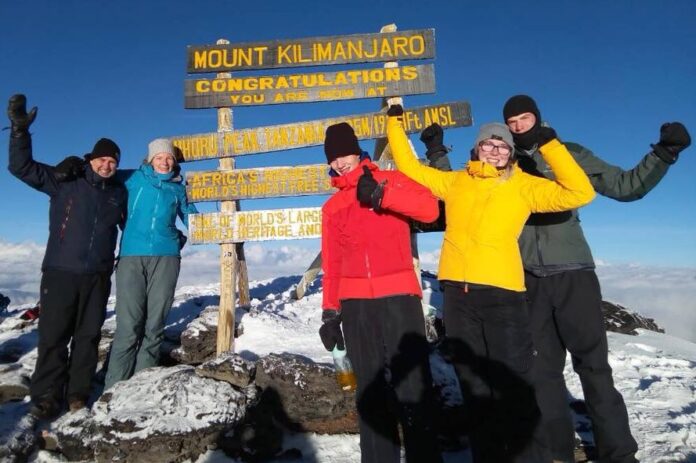Just over 17 years ago, we received a diagnosis that placed our twins between moderate and severe autism. For those unfamiliar with the autism spectrum, it is the penultimate rung in terms of severity on the scale that defines this neurodevelopmental disorder.
In addition to the fact that this diagnosis sawed us both legs, it forced us to act quickly. The boys were just over 3 years old, they didn’t converse, they weren’t toilet trained, and they could burst into bloodcurdling tantrums at any moment.
We worked with a team of professionals in occupational therapy, speech therapy and applied behavior analysis (ABA therapy). In the bigger weeks, we were juggling over 20 hours a week of therapy. We also had support from the age of 4 from the Riverside School Board who placed the boys in an adapted class.
The boys integrated into regular classes in primary school. By the age of 10, their language and motor skills had progressed to the point where they were up to the appropriate standards. The hours of therapy decreased and gradually the boys integrated activities without requiring special supports.
The choice of activities in which the boys participated was dictated by two simple principles: have the boys shown an interest in the activity and is the organization providing the activity ready to host them? We have never hidden the fact that the boys were affected by the autism spectrum. In the vast majority of cases, agency representatives were very accommodating and wanted to understand how they could contribute. The list of people and organizations that have helped us is long, but the following organizations have contributed significantly to their progress: Baseball Saint-Bruno/Saint-Basile, Hockey Saint-Bruno, Camp YMCA Kanawana, Club Olympia Longueuil, Montreal Children’s Theater , South Shore Athletics, Saint-Bruno Figure Skating, Camp Nominingue.
They are on the way to achieving full autonomy. The two have even managed at different times in their careers to represent their college or university in sport while maintaining good academic results; Andrew in cross country and Johnathan in fencing.
Family support was also instrumental in the progress of the boys and helped to provide moments of respite. In particular Grandma Michèle who allowed us to continue our professional journeys. The efforts required to support the development of children with special needs can lead to a feeling of isolation because they make it difficult to practice social and sporting activities. We were very lucky that the boys had an older sister who understood their reality. Alexandra understood the impact of the specialists who surrounded the boys so well that she chose to progress in a graduate program in research and clinical psychology to help other children and families.
We are aware that our journey is unique and that each family with children with neurodevelopmental disorders has a different experience. We wanted to share our journey because at the time we received the diagnosis, the prognoses were very vague and it was difficult to formulate any real hope on the success of the interventions and the investments related to them.


















